The father of physiology is considered to be Claude Bernard.
He was a French scientist who made many important contributions to the field of biology, including the discovery of glycogen and the concept of homeostasis.
In this blog post, we will be discussing the father of physiology, Claude Bernard.
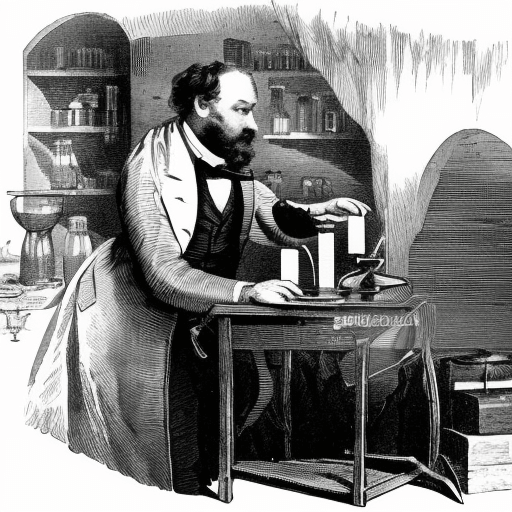
Claude Bernard was the father of physiology.
Explain it to a child
Claude Bernard is known as the father of physiology. He was a French scientist who made significant discoveries in biologies, such as glycogen and the concept of homeostasis.
- He developed the concept of homeostasis, which is the maintenance of a relatively stable internal environment in an organism.
- He also discovered the role of the liver in detoxifying the blood, and he formulated the concept of intermediary metabolism, which explains how nutrients are converted into energy within cells.
- Lastly, he developed the idea that glands secrete substances that regulate bodily functions.
Who is the father of physiology?
Claude Bernard is widely considered to be the father of physiology.
Born in 1813, Claude was a pioneering French scientist whose discoveries revolutionized the field of medicine and paved the way for new advances in health and science.
Claude Bernard was particularly influential within physiology primarily due to his introduction of experimentation as an important methodology for understanding physiological processes within the body.
Claude’s innovations included discovering how glucose is stored in the liver and how to surgically produce anastomoses through vascular connections.
Claude went on to write more than 25 works ranging between books, papers, and lectures that also shaped our current understanding of physiology.
Claude Bernard also established ‘the internal environment’ concept – recognizing that stable internal conditions were necessary for homeostasis – which further became known as ‘Bernard’s Law’.
What did Claude Bernard accomplish in the field of physiology?
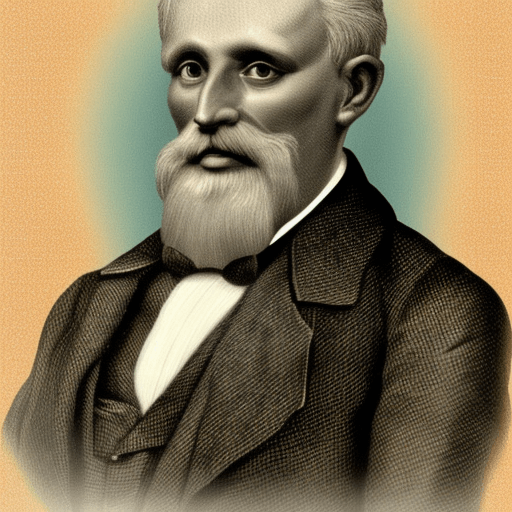
French physiologist Claude Bernard is remembered as one of the most important scientific figures of the 19th century.
His research laid the foundation for modern medical practice and his pioneering work in physiology transformed the scientific understanding of life processes.
- Applying experimental methodologies that are still used to this day, he made discoveries that challenged old ideas about homeostasis and disease, as well as an advanced understanding of functions such as digestion and circulation.
- He also developed a set of methods for mapping organs in living creatures, paving the way for future advances in knowledge of organ and tissue movements.
- Above all, his work inspired an entire generation of scientists and demonstrated how careful observation could lead to new understandings about life itself.
Despite passing away more than a century ago, Bernard’s legacy lives on through his contributions to modern medicine, with his name still synonymous with progress in fields from biology to biochemistry.
What are some of the most important contributions that Claude Bernard made to physiology specifically?
Claude Bernard is often referred to as the father of modern physiology, thanks to his groundbreaking contributions to the subject.
He is credited with introducing the concept of homeostasis, which is an organism’s ability to maintain equilibrium within its environment by adjusting physiological functions accordingly.
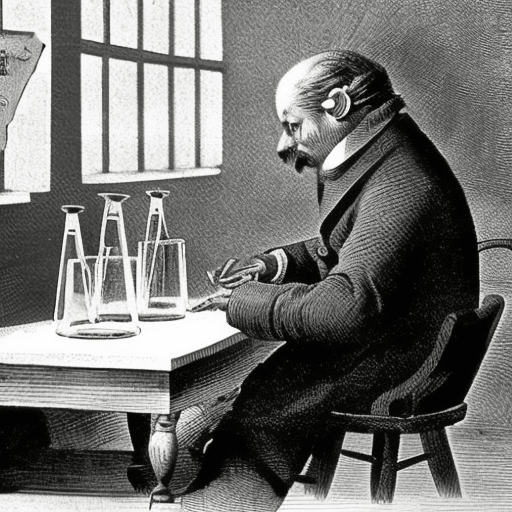
In addition, Bernard conducted seminal experiments that demonstrated the relationship between blood sugar levels and pancreatic secretions, paving the way for our current understanding of diabetes.
He was also responsible for correlating metabolism with nearly every aspect of bodily function and discovering hormones and their various metabolic effects.
Furthermore, Bernard’s book Introduction to Science of Experimental Medicine laid much of the groundwork for advances in experimental medicine and pharmacology.
Obviously, Claude Bernard made vast contributions to anatomy and physiology, expanding our knowledge about the body and how it functions in innumerable ways.
Whenever we are grateful for advances in modern medical research stemming from these theories, we owe a debt of gratitude to this great man.
The impact he left on our knowledge base cannot be overstated; his life’s work has resulted in countless lives saved through medical science.
Without him, many aspects of biology that are taken for granted today would still remain unknown mysteries.
Claude Bernard’s contributions have truly changed our world in profound ways.
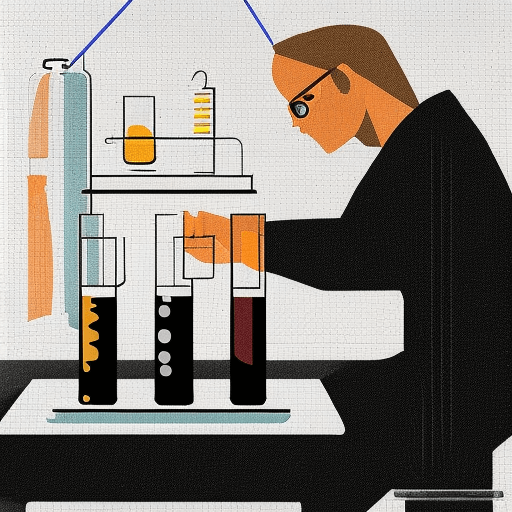
How did Bernard’s work lay the foundation for modern medicine?
Claude Bernard is famous for laying the foundation for modern medicine.
During his lifetime he made numerous contributions to the fields of physiology, and his work continues to have a lasting impact on medical practice today.
Claude discovered that animal bodies have internal regulating systems that act independently of external conditions, leading him to formulate the concept of homeostasis.
Claude also discovered how organs are interdependent and affect the functioning of other organs.
Claude developed improved methods for sterilization, including the use of boiling water and alcohol – practices that are still used in labs today.
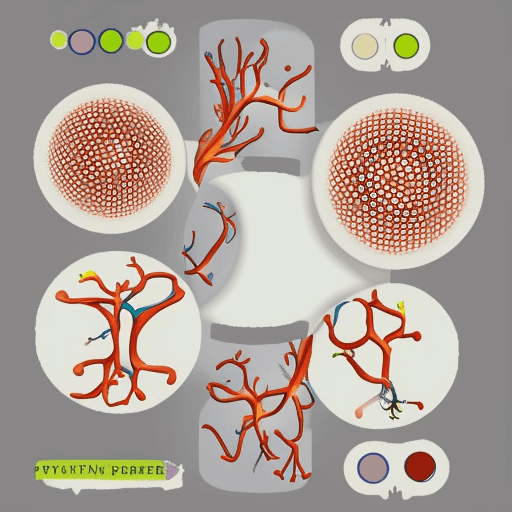
His numerous experiments established the fundamentals of animal research which helped shape our current understanding of the body’s functions and responses to various stimuli.
In addition, Claude proposed various theories regarding detoxification and probed into areas such as digestion, respiration, blood circulation, and metabolism.
His discoveries laid an important foundation for modern medicine and continue to be studied today by biology students all around the world.
Claude Bernard truly revolutionized our understanding of physiology and will forever be remembered as one of the fathers of modern medicine.
How has Claude Bernard’s work shaped the field of physiology today?
Today’s field of physiology owes a great debt to the work of Claude Bernard.
As one of the founders of this field, Bernard brought a combination of insight and innovation to his experiments, making new discoveries in how cells interact with their environment and laying the groundwork for many discoveries that followed.
- His early work on internal secretion and nerve-muscle relationship showed him to have an unparalleled mastery of histology, helping him make linkages between structure and function in cells.
- In addition, he pioneered techniques such as instrumentation, precision surgery, and careful measurement that are still used today by physiologists.
- He also wrote key texts such as An Introduction to the Study of Experimental Medicine which served as milestones in the development of modern science.
- All together, Bernard’s efforts were instrumental in moving physiology from a largely philosophical pursuit into a more observational and experimental discipline – something that is still highly relevant today.
Thus it can be said without question that his contributions are still widely felt in the field of physiology even over 150 years after his death.
By continuing to build on his discoveries and achievements, physiologists can ensure that his legacy continues to shape our understanding of life for many years to come.
To this day Claude Bernard is recognized for his outstanding contributions and legacy to the field of physiology, making him its well-deserved father in modern biology.
Article Sources
Jacks of Science sources the most authoritative, trustworthy, and highly recognized institutions for our article research. Learn more about our Editorial Teams process and diligence in verifying the accuracy of every article we publish.
